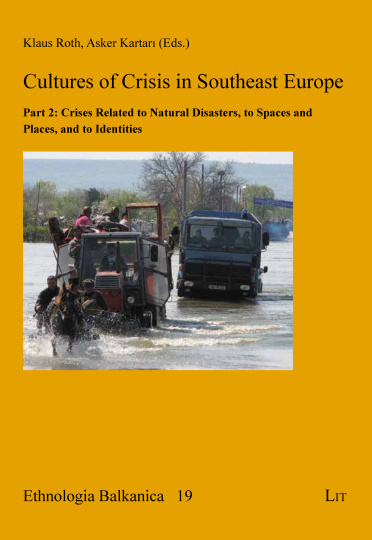Bulgarian Karakachans: Building a Narrative of Crisis
Bulgarian Karakachans: Building a Narrative of Crisis
Author(s): Gabriela FatkováSubject(s): Cultural Anthropology / Ethnology, Culture and social structure
Published by: LIT Verlag
Keywords: Bulgaria; Karakachans; collectivization; communism; memoryscape; sedentarization; post-socialism;
Summary/Abstract: In the last few years we have observed growing post-communist nostalgia within the Eastern bloc countries. Surprisingly we can also find this tendency among those societies, whose lifestyle was completely damaged by the communist regime and who were forced to live under very poor conditions for several decades. Karakachans (in Greece Sarakatsani), former transhumant shepherds, experienced such a radical shift in their lifestyle due to the collectivization process during the late 1950’s to 1960’s. In this article we will try to understand the inner logic of Karakachan “memoryscape”. The narrative structure of their stories will be juxtaposed with observations of their housing strategies, material realities, and entrepreneurial opportunities. The paper illustrates that the Karakachans do not identify periods of immediate economic prosperity as being high points of their narrative as they are connected with negative experiences of work migration dissolving their family structure.
Journal: Ethnologia Balkanica
- Issue Year: 2016
- Issue No: 19
- Page Range: 343-361
- Page Count: 19
- Language: English
- Content File-PDF

